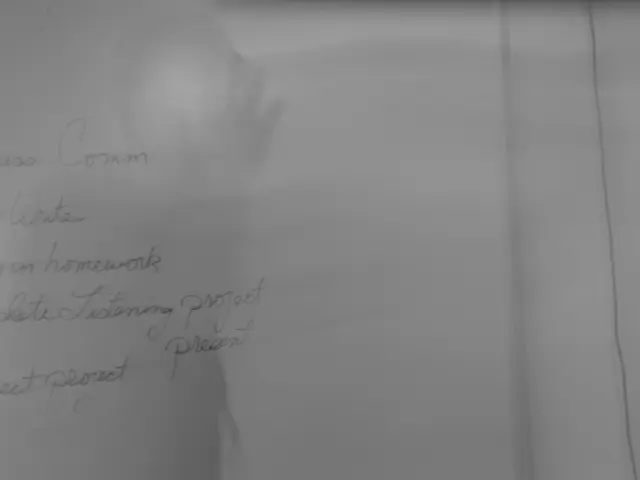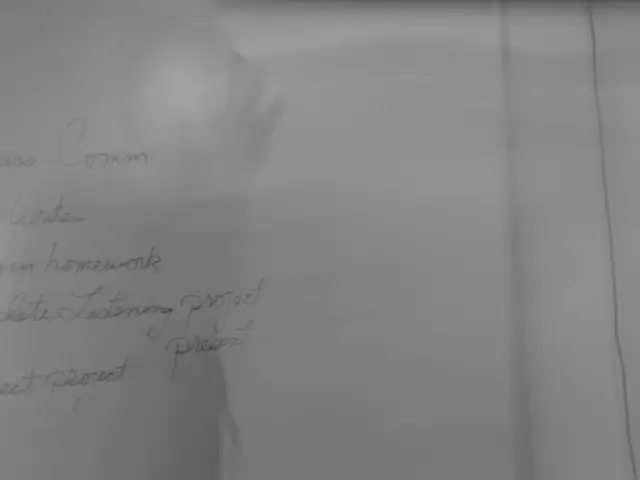Chancellor Friedrich Merz achieves 100 days tenure in his position within the German government.
In the past 100 days, German Chancellor Friedrich Merz has made headlines both at home and abroad. One of the most contentious decisions he's made was halting further weapons deliveries to Israel that could be used in the Gaza Strip.
This move, made without prior consultation with Merz's own party or coalition allies, has been criticised for breaking with decades of German foreign policy continuity. The decision was particularly controversial among the Christian Social Union (CSU), the CDU's Bavarian sister party, who saw it as a misstep with long-lasting repercussions.
Merz justified the suspension by citing Israel's intensified military actions in Gaza following the government’s decision to gradually occupy Gaza City and concerns over the humanitarian crisis. However, this stance marked a shift from his earlier support for Israel during a previous temporary arms export halt in 2024, which he had criticised.
The controversy arose from Merz’s unilateral decision on a historically sensitive issue, the break from established policy towards Israel, and the differing views within his own government coalition about how to respond to Israeli military actions in Gaza.
Meanwhile, domestic issues have also been causing stirs. The new government has announced a reduction in electricity tax only for the industrial, agricultural, and forestry sectors, breaking an election promise of lower electricity prices for everyone. Another challenge came when the confirmation of three new judges to the Federal Constitutional Court ended in a brawl, causing a major crisis within the coalition.
The issue of the judges' appointments will continue beyond the summer recess. The first major crisis within the coalition has cast a shadow over the government's record after 100 days in office.
On a positive note, Merz has been actively involved in foreign policy, making a high-profile trip to Kyiv with French President Emmanuel Macron and UK Prime Minister Keir Starmer to assure Ukrainian President Volodymyr Zelenskyy of European solidarity.
However, Foreign Minister Johann Wadephul often fades into the background due to Merz's outspoken foreign policy. The new Finance Minister Lars Klingbeil of the SPD stated that the move to lift the strict German rules around state borrowing, allowing for an additional €500 billion ($583 billion) in government debt, was encouraged by organisations such as the OECD, International Monetary Fund, European Commission, and G7.
The far-right Alternative for Germany (AfD) continues to be a significant player in German politics, doubling its share of the vote to 20.8% in the February 23 general election. A survey by pollster Forsa in early August put the AfD ahead of the CDU/CSU at 26%, compared to 24%.
The issue of curbing irregular immigration has been key in domestic matters, with measures by Alexander Dobrindt, the interior minister, resulting in long traffic jams at the border with Poland. The new government's handling of this issue and the ongoing controversies will be closely watched in the coming months.
[1] The Guardian [2] Deutsche Welle [3] Reuters [4] BBC News






